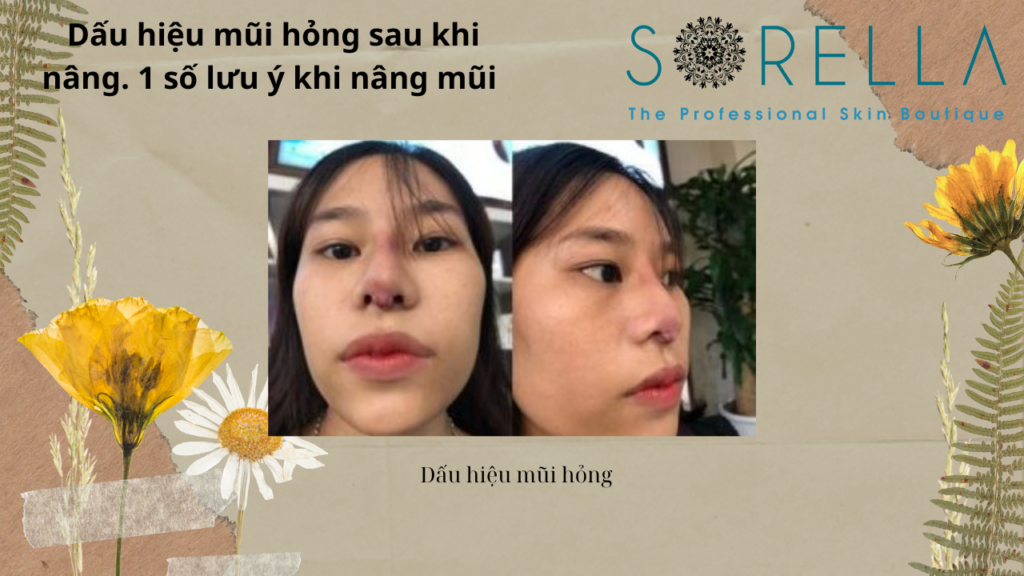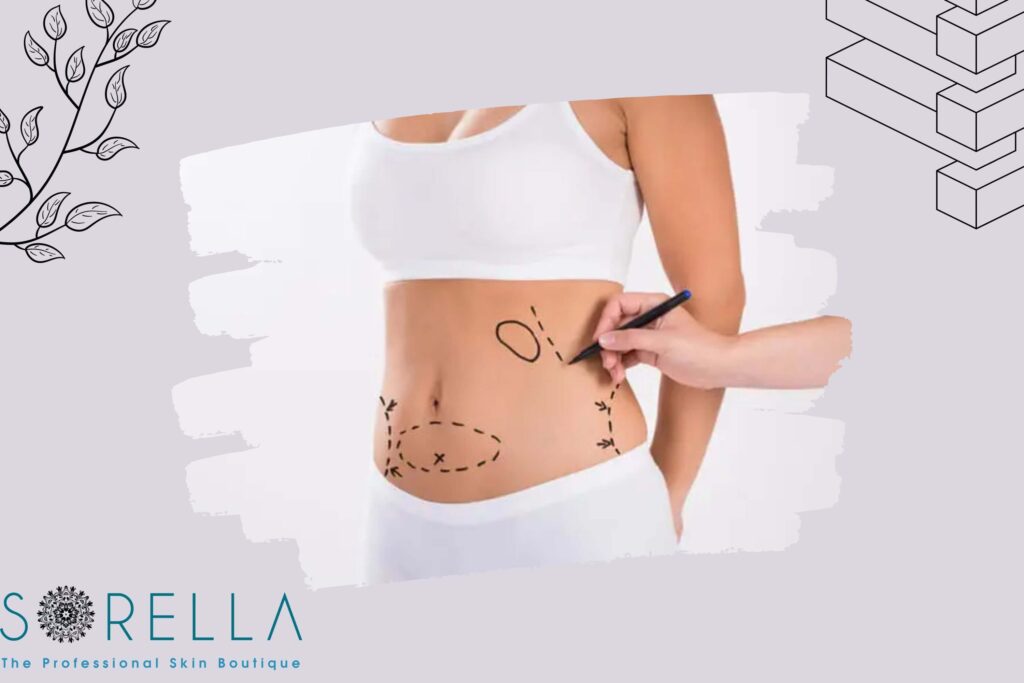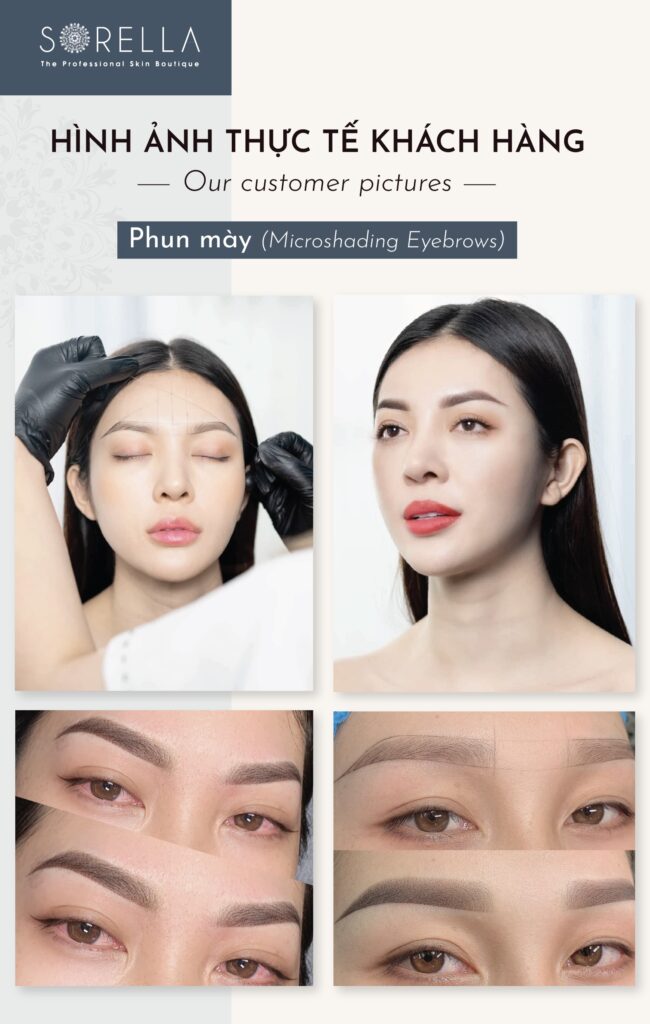Chăm sóc da điều trị mụn, Tin tức và sự kiện
Inflammatory Acne: Symptoms, Types, Causes, and 3 ways to Treatment
Inflammatory acne develops blemishes on your skin that are red, swollen, and painful, most commonly on your face, back, chest, and shoulders. Bacteria, pus, dead skin cells, and excess oil are all present in pustules, nodules, and cysts. Over-the-counter skincare solutions can aid in the clearing of your skin and the prevention of outbreaks. Nonetheless, many people require the services of a healthcare professional.
What exactly is inflammatory acne?
Inflammatory acne is a skin disorder characterized by red, swollen, and painful pimples. These pimples are filled with pus, dead skin cells, and excess oil. They are commonly found on the face, back, chest, and shoulders.
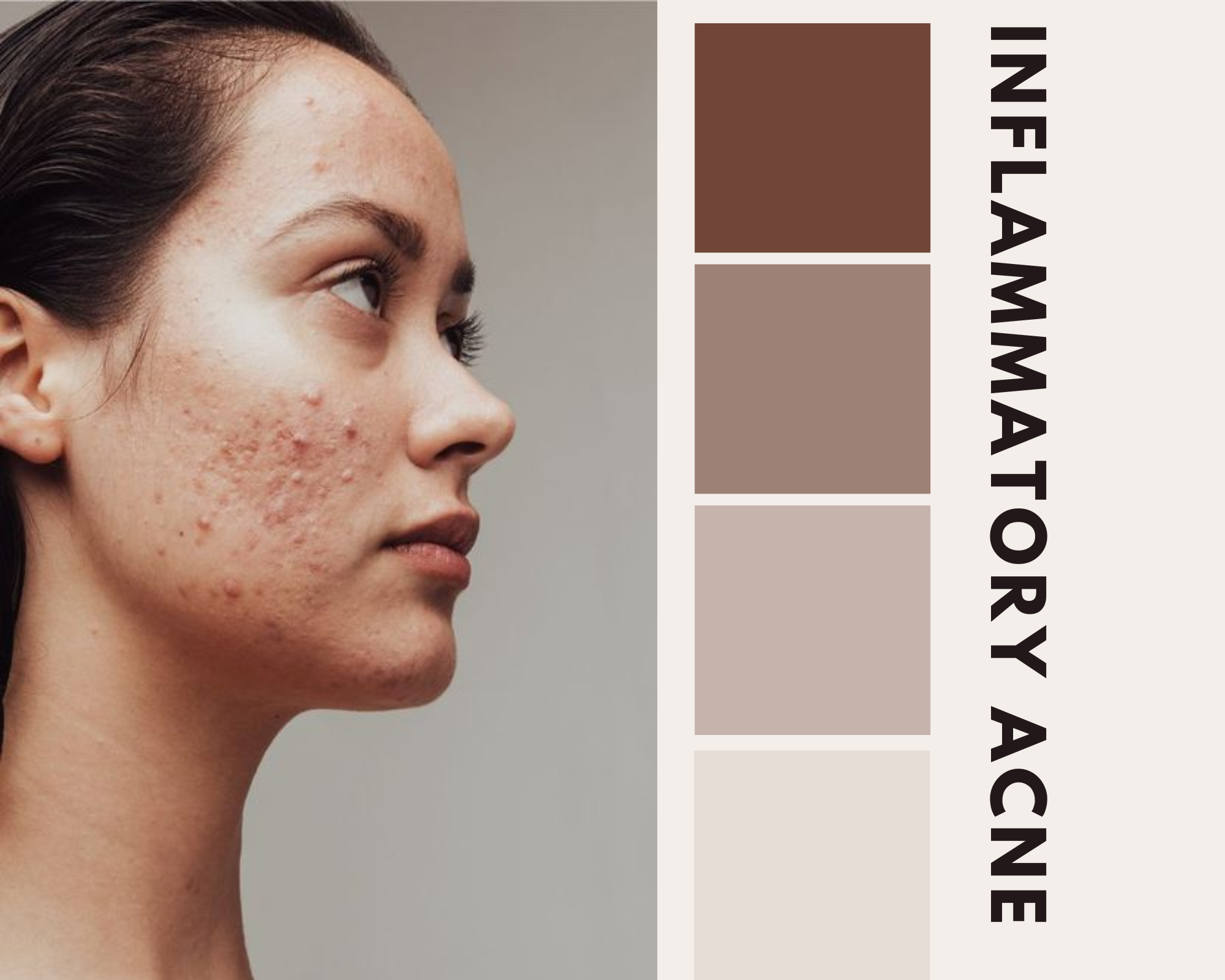
What is the distinction between inflammatory and noninflammatory acne?
Inflammatory acne causes pimples that are deep in your skin and contain pus. They are unpleasant or painful because they are inflamed (swollen). Cystic acne is a kind of inflammatory acne.
Noninflammatory acne spots are closer to the skin’s surface and are typically not inflamed or unpleasant. Comedonal acne is a prevalent noninflammatory acne (whiteheads and blackheads).
Is inflammatory acne common?
Acne that is inflammatory is fairly prevalent. It affects people of all ages, colors, and genders. It is most frequent among teens, but many adults are also affected.
Who is at risk of developing inflammatory acne?
Acne is more prevalent in those who:
- Drink a lot of milk, sweets, and fats.
- Live in humid environments.
- They either overhydrate their skin or use the incorrect moisturizer.
- To remove whiteheads or blackheads, they should pick or compress their skin.
- Smoke.
What is the cause of inflammatory acne?
Acne develops when the pores or hair follicles get blocked by:
- Skin cells that have died.
- Oil is found in skin care products.
- Sebum – a naturally greasy material produced by your body.
- Clogged pores or follicles cause whiteheads, blackheads, and pimples. If pimples exert enough strain on the walls of your pores, the walls will eventually rupture. The pustules’ contents might spread into your skin.
The immune system of your body responds by releasing white blood cells. These cells create the typical pimple symptoms of redness, swelling, pus, and pain.
What exactly are the signs and symptoms of inflammatory acne?
Inflammatory acne blemishes include the following:
- Pustules are raised bumps on the skin’s surface that contain pus.
- Nodules are large, hard lumps that are buried beneath your skin.
- Cysts are large, fluid-filled lumps beneath the skin.
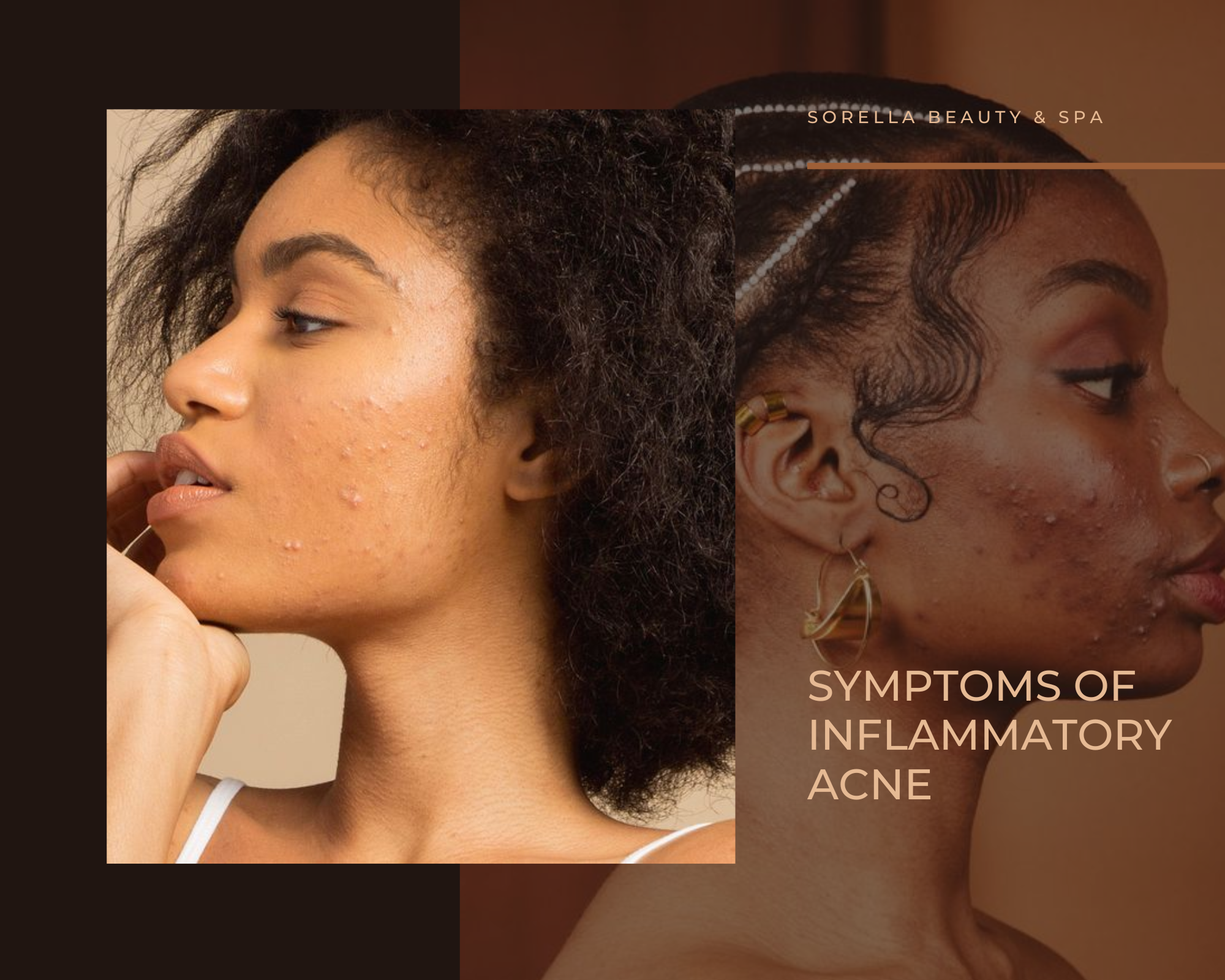
The blemishes are usually:
- Painful or tender.
- Red around the outside.
- Swollen.
- Yellow, white, or red in the center.
Is inflammatory acne spreadable?
Inflammatory acne itself is not spreadable or contagious. It is not a condition caused by bacteria or viruses that can be transmitted from one person to another. Additionally, acne does not transfer from one part of your body to another.
However, it’s important to note that the factors that contribute to acne development, such as excess oil production, clogged pores, and inflammation, can be influenced by various internal and external factors. What triggers an acne breakout in one area of your body may potentially lead to outbreaks in other regions as well. Common triggers include hormonal changes, certain medications, diet, stress, and skincare products.
While you cannot “spread” acne to others, practicing good hygiene and skincare habits can help manage and prevent acne breakouts on your skin. If you have concerns about your acne or its potential causes, consulting with a dermatologist can provide personalized insights and guidance for effective treatment and prevention strategies.
What are the symptoms of inflammatory acne?
How do I treat inflammatory acne?
Several over-the-counter cleansers and lotions can aid in the treatment of inflammatory acne. Yet, many people require medical therapy to eliminate and prevent outbreaks.
Some acne treatments are applied to the skin (topical), some are taken orally, and still, others are extraction (removal) operations.
Topical anti-inflammatory acne products include:
- Azelaic acid.
- Peroxide of benzoyl.
- Niacinamide is a vitamin B3 derivative that possesses anti-inflammatory, hydrating, and relaxing properties.
- Retinoids are chemically altered versions of vitamin A. Tretinoin and adapalene are two examples.
- Salicylic acid.
- Clindamycin, erythromycin, and dapsone are examples of topical antibiotics.
Oral medications include the following:
- Antibiotics such as doxycycline and tetracycline.
- Dapsone is an anti-infective medication.
- Hormonal treatment, such as the birth control pill or the anti-androgen medication spironolactone.
- Isotretinoin is a vitamin A derivative.
- Certain methods can aid in the removal of inflammatory acne lesions. These should only be done by a specialist, as they may damage the pores and cause additional acne.
Among the procedures are:
- Acne surgery removes blackheads or milia using needles and tiny scalpels (small cysts).
- A cortisone injection into a blemish.
- Light treatment is a method of killing microorganisms by using light.
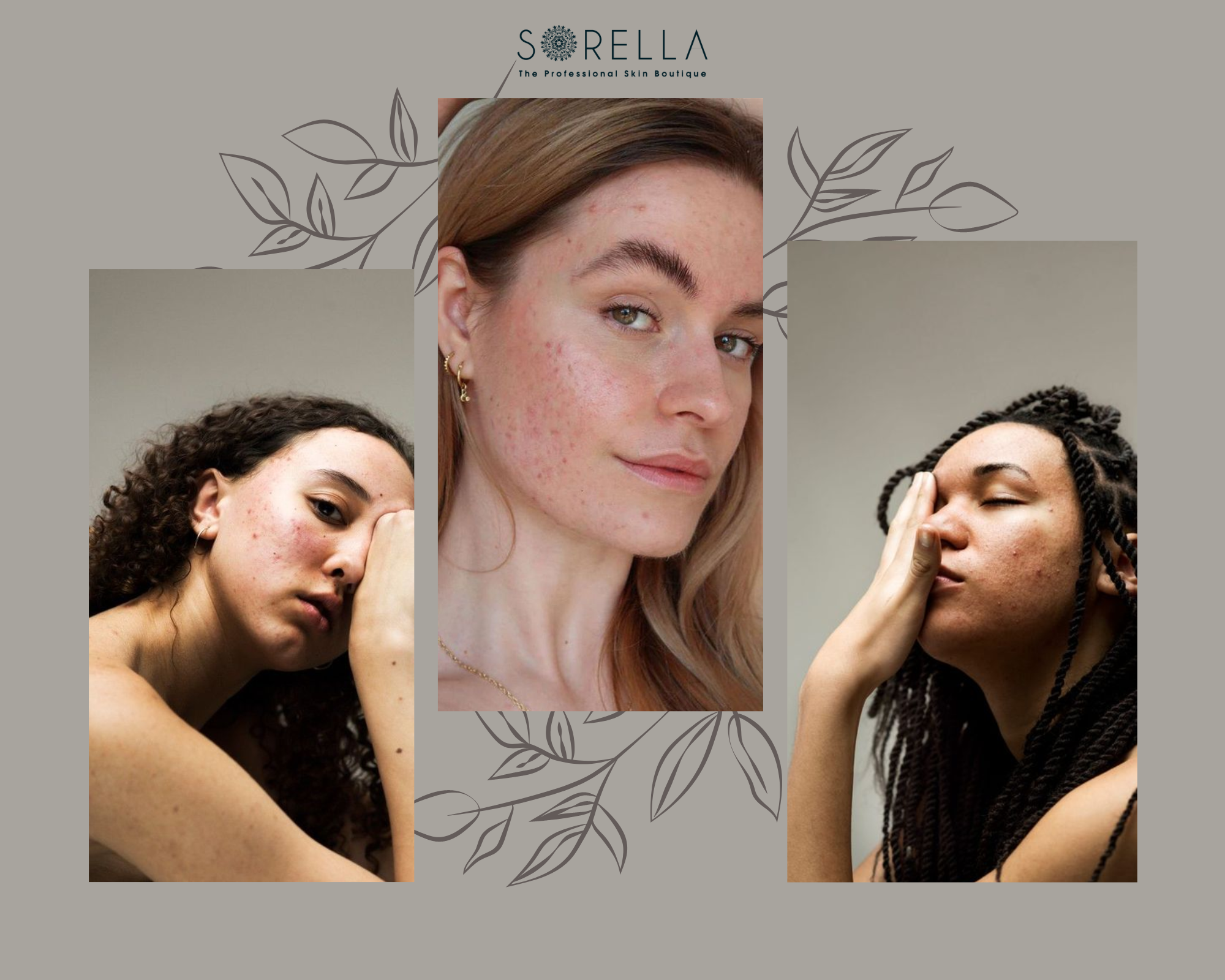
Is it possible to burst acne?
Inflammatory blemishes should not be picked, squeezed, or popped. This may result in:
- Scars from acne.
- When you force more germs into your skin, you will develop more nodules, pustules, and cysts.
- Injury to your pores or follicles leads to additional pimples.
- Infection.
- More visible blemishes.
- Pain.
How can I avoid inflammatory acne?
Several ways might help you attain better skin with fewer blemishes:
- Avoid touching your face during the day, since this can cause oil and grime to enter your pores.
- Select oil-free, water-based, non-comedogenic cleansers, moisturizers, and cosmetics. Use products designed for oily to mixed skin if you’re prone to breakouts.
- Picking, popping, or squeezing whiteheads, blackheads, or pimples can cause them to become inflamed.
- Have a nutritious diet that is low in sugar and milk.
- Stop smoking.
- Wash and moisturize every morning and night, as well as after activity.
- Avoid wearing makeup to bed.
- When washing your face, be gentle. Don’t scrub.
How long does acne that is irritated last?
Inflammatory acne can be difficult to cure, but many people get cleaner skin after several months of skin care and therapy. Many situations need the assistance of a healthcare expert, such as a dermatologist.
Inflammatory acne, on the other hand, can leave lifelong scars.
Does inflammatory acne typically reappear after treatment?
Since inflammatory acne is frequently a chronic disorder, it can reoccur during or after therapy. Even if your skin recovers, you should maintain a skin care program to avoid or reduce new blemishes.
How should I care for myself if I have inflammatory acne?
Inflammatory acne may be aggravating, difficult, and unpleasant. See a healthcare expert if your skin does not improve after a few months of excellent skin care.
Some at-home items that can help soothe the skin, in addition to over-the-counter treatments, include:
Masks containing charcoal or clay can help to dry up sebum that has become stuck in pores.
Sunscreen protects your skin from sun damage. Several acne treatments remove the top layer of skin, exposing you to sunburn and UV damage. (Remember to apply oil-free and noncomedogenic sunscreen.)
To avoid scarring from inflammatory acne
- Blemishes should not be picked, popped, or squeezed.
- To prevent blemishes in the first place, establish a proper skin care regimen.
- Follow the advice of your healthcare practitioner.
- Utilize salicylic acid-containing products.
Inflammatory acne is a skin disorder that generates pustules, nodules, and cysts that are red, swollen, and painful. Several over-the-counter remedies can aid in acne treatment and prevention. Yet, you may require the services of a healthcare specialist such as a dermatologist.
Tư vấn chuyên môn bài viết:
TS.BÁC SĨ NGUYỄN HỮU QUANG
Here are the articles that Sorella shares about beauty knowledge you can refer to:
Eyebrow sculpting and eyebrow spray: What should you choose in 2023?
Causes and 2 Ways to Cure Back and Body Acne
The Real Difference Between Hot and Cold Waxing for Hair Removal 2023
The Finest Nail Trends 2023? Find out what to anticipate this year in the world of nail art!
A Step-by-Step Guide to Eyelash Extensions 2023
6 Simple Ways to Remove Nail Polish
- Da khô là như thế nào? 1 số nguyên nhân và giải pháp dành cho da khô
- 5+ Top foot massages in Hanoi you should definitely check out
- CÓ NÊN NẶN MỤN MỦ HAY KHÔNG? 4 điều cần biết trước khi nặn mụn mủ
- Nâng mũi sụn sườn có quy trình như thế nào? 5+ Điều cần biết về nâng mũi sụn sườn
- Khuôn mặt chữ điền: 5 khám phá độc đáo về khuôn mặt này


 中文 (中国)
中文 (中国) 한국어
한국어 English
English
